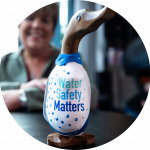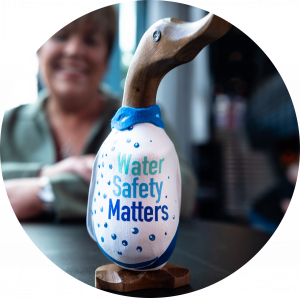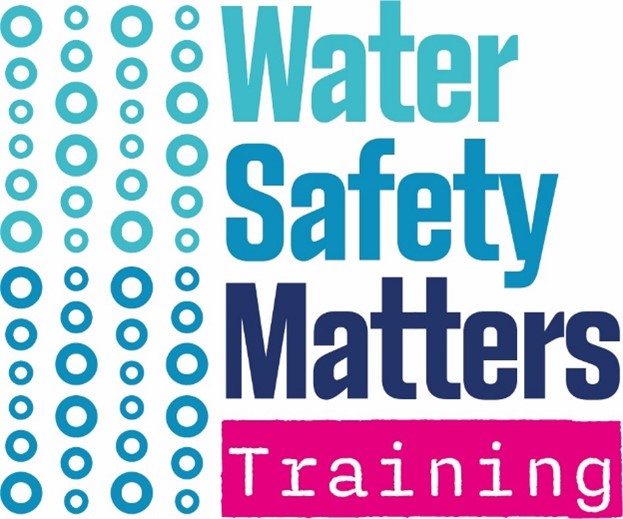Water Safety Matters – Your Premier Training Company
We are committed to providing exceptional training that makes learning simple, accessible and enjoyable for everyone.
We believe water safety should be as intuitive as a duck to water
Become a Swim Teacher
Dive into a rewarding career as a swimming teacher - Where water safety truly matters!
National Curriculum Support for Schools
Together we can ensure that children learn essential water safety skills in line with national standards.
Swim Schools
Do you need qualified teachers, or to upskill your workforce?
We can help.

Hi, I’m Louise.
Water is my happy place, my mission is to make it yours too!
Our Values.
Integrity in every drop.
Honesty and integrity are at the heart of everything we do. We strive to build trust with our clients, partners and team members.
Ripple effect of success.
We believe that everyone has the potential to excel. We inspire and empower everyone to share their knowledge, skills and passion for water-related education.
Inspiring Excellence.
We cultivate a culture of collaboration, prioritising relevance and impact to set the benchmark for exceptional industry standards.
With a strong commitment to delivering engaging and effective training in accordance with industry standards, I ensure that you receive top-quality education.
Drawing from over 30 years of experience, I bring a wealth of knowledge as a Swim England Tutor, Open Water Swimming Coach, Swimming Teacher specialising in disabilities and a scuba diving instructor. I began my aquatics journey at the age of 18 as a lifeguard in America.
 In my role as a Swim England Educator, I am dedicated to training the next generation of swimming teachers. Having instructed over 2000 teachers, who each potentially influence up to 80,000 children weekly, the impact of my teaching reaches far and wide.
In my role as a Swim England Educator, I am dedicated to training the next generation of swimming teachers. Having instructed over 2000 teachers, who each potentially influence up to 80,000 children weekly, the impact of my teaching reaches far and wide.
Why Water Safety Matters?

Hi there, I’m Bob.
I’m the Water Safety Matters mascot and I’m here to spread the word about water safety. You’ll see me pop up whenever there’s an important fact or statistic concerning water safety.

Research has proven that wearing a life jacket can increase your chances of survival by up to four times if you’re immersed in cold water.

Learning how to float could save your life in an emergency.

Many people who enter the water do not plan to do so, rescuing a pet is one of the main causes of drowning.

In the UK, over 300 people a year die due to drowning.

1.2 million adults in the UK cannot swim.

Cold water shock is a sudden and intense physiological response that occurs when the body is exposed to cold water.

